Hay fever, a common allergic condition, can turn the beauty of each season into a nightmare for millions of people worldwide. As pollen fills the air, it triggers a range of uncomfortable symptoms, including sneezing, itching, nasal congestion, and watery eyes. In this blog, we will explore a kinesiology approach to conquering hay fever, delving into the MIND, CHEMICAL, PHYSICAL, and ENERGY (MCPE) imbalances that can influence allergic responses and pave the way to embracing the season with joy.
1. Mastering the Power of the MIND
The power of the mind plays a massive role in how our bodies respond to allergens. Negative thought patterns and stress can worsen the body’s immune response, leading to heightened allergy symptoms. To overcome hay fever, it’s essential to address the MIND and foster a positive outlook.
- Stress
- Anxiety
- Fear
- Frustration
- Anger
- Overwhelm
- Guilt
- Resentment
- Loneliness
- Sadness
It’s important to note that the relationship between emotions and hay fever is complex and may vary from person to person. Managing stress and negative emotions through relaxation techniques and emotional support can help individuals cope with hay fever symptoms more effectively.
RELAXATION TECHNIQUE

By writing down and acknowledging the negative emotions, individuals can explore their underlying causes and patterns. This self-reflection fosters emotional awareness and acceptance.
Additionally, engaging in deep breathing exercises during the journaling process can help calm the nervous system and reduce stress. This holistic practice encourages individuals to connect with their emotions, process them with compassion, and gradually release their hold on the mind and body, promoting a sense of emotional freedom and inner peace.
.
2. Balancing the Body CHEMISTRY
Hay fever is an immune response triggered by the body’s reaction to pollen or other allergens. While it may not be entirely possible to avoid allergens, making mindful choices about what we put into our bodies can significantly impact the severity of hay fever symptoms. Here are some factors to consider:
Foods:
Histamine-Rich Foods: Foods high in histamine, such as aged cheeses, fermented foods, and cured meats, may trigger histamine release and worsen hay fever symptoms.
Processed Foods: Diets high in processed foods and artificial additives may contribute to inflammation and worsen allergic responses.
Drinks:
Alcohol: Some alcoholic beverages, particularly wine, and beer, contain histamines and sulfites, which can contribute to allergic reactions.
Caffeinated Beverages: Excessive consumption of caffeine can lead to dehydration and may worsen hay fever symptoms like nasal congestion.
Sugary Beverages: High-sugar drinks can cause blood sugar fluctuations and potentially exacerbate inflammatory responses.
Medications:
Non-Steroidal Anti-Inflammatory Drugs (NSAIDs): Some individuals with hay fever may experience worsened symptoms when taking NSAIDs like aspirin or ibuprofen.
Chemicals:
Environmental Toxins: Exposure to certain environmental toxins, such as air pollution and chemical irritants, can trigger or worsen allergic reactions.
Endocrine-Disrupting Chemicals (EDCs): Some chemicals found in plastics, pesticides, and personal care products may impact immune function and contribute to hay fever symptoms.
It’s essential for individuals with hay fever to pay attention to how their body responds to different foods, drinks, medications, and chemicals.
SUPERFOOD TO HELP WITH HAY FEVER
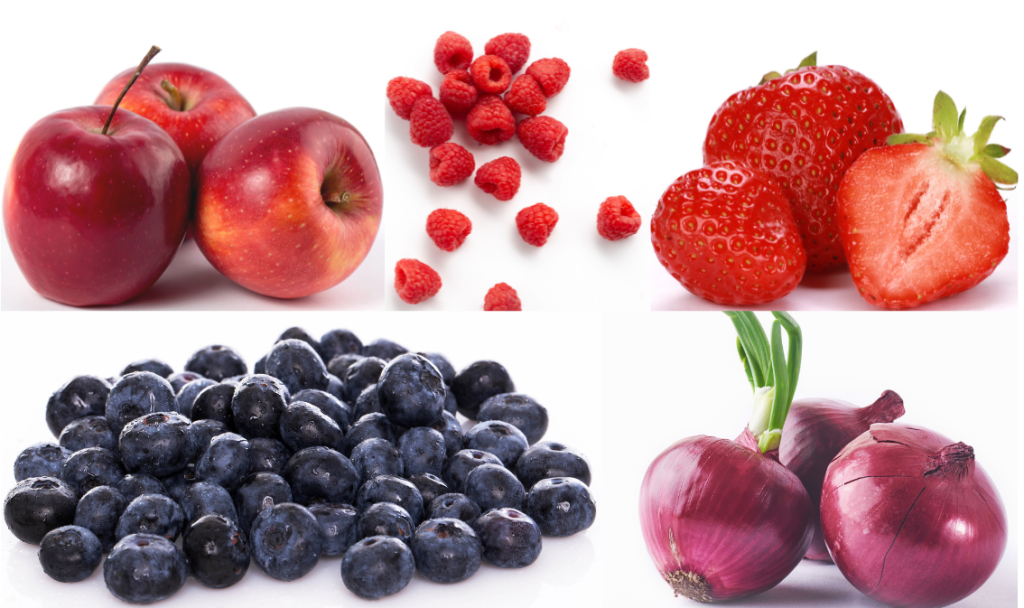
Quercetin – It is a natural flavonoid found in various fruits, vegetables, and herbs. It is known for its anti-inflammatory and antihistamine properties, which can help reduce allergic responses, including hay fever symptoms.
| Anti-Inflammatory |
Antihistamine |
| Helps to reduce inflammation in the body, such as nasal congestion and sneezing. | Helps inhibit the release of histamines that trigger allergic reactions. |
| Onions, Apples, Berries (such as blueberries, strawberries, and raspberries) Citrus Fruits (such as oranges and grapefruits) Leafy Greens (such as spinach, cucumber and kale) Broccoli Red Grapes |
.
Natural Remedies for Hay Fever and Seasonal Allergies:
Supplements and Vitamins
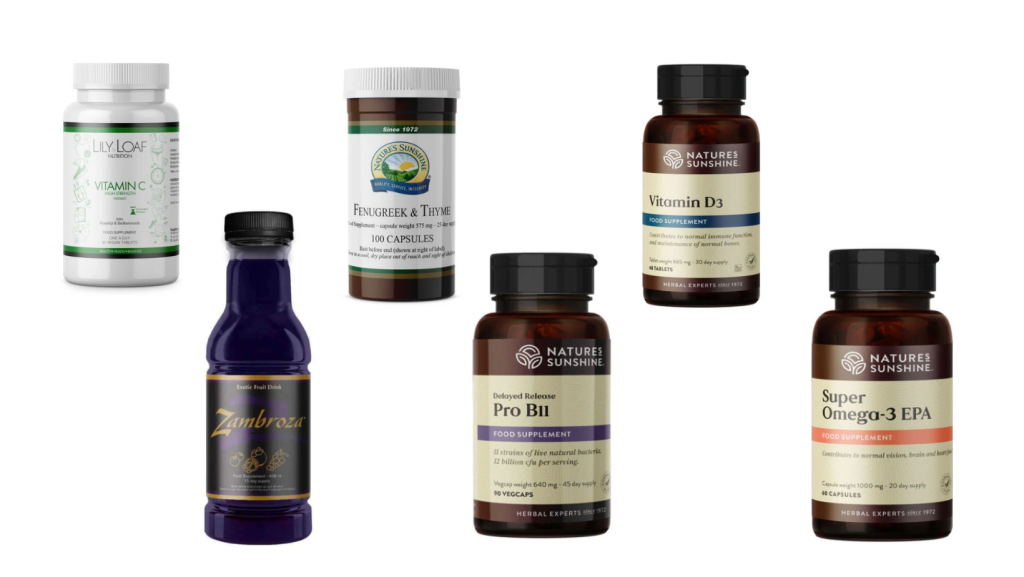
If you’re one of the millions who suffer from hay fever and seasonal allergies, you know how disruptive they can be. Sneezing, itchy eyes, and a runny nose can make enjoying the beautiful weather difficult. While over-the-counter medications are common, many people seek natural alternatives. Here are some supplements and vitamins that might help alleviate your symptoms:
1. Vitamin C
Vitamin C is known for its immune-boosting properties. It also acts as a natural antihistamine, which can help control allergy symptoms.

Buy here
- A high-strength, slow-release supplement formulated to slowly release Vitamin C into your body throughout the day, to help protect against cell damage caused by oxidative stress
- High-strength, controlled release formula
- Encourages a well-balanced mood
- Blended with rosehip, acerola and citrus bioflavonoids to aid natural absorption
2. Zambroza
Zambroza is a powerful antioxidant blend that can help support your immune system and reduce inflammation, potentially alleviating allergy symptoms.
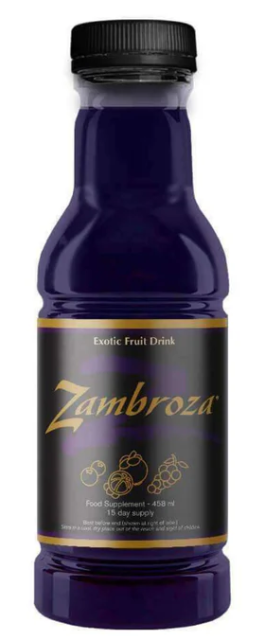
Buy here
- Supply powerful nutrients that give the body energy and vitality
- Maintain a healthy immune system
- Neutralise free radicals throughout the body
3. Fenugreek and Thyme
Fenugreek and thyme are herbs that can help relieve congestion and respiratory issues associated with allergies. Fenugreek acts as a mucolytic, while thyme has antibacterial and anti-inflammatory properties.
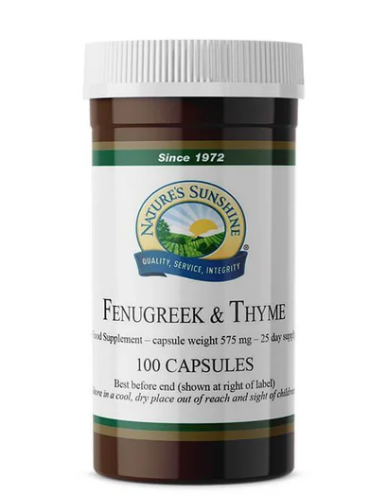
Buy here
- Fenugreek herb contains mucilaginous compounds, known for their ability to soothe tissues
- Supports liver health by improving the antioxidant activity of enzymes
- Excellent herbal source of Selenium, an antioxidant that helps the body utilise oxygen
4. Probiotics
Probiotics can help balance the immune system and may reduce the severity of allergic reactions by supporting gut health.
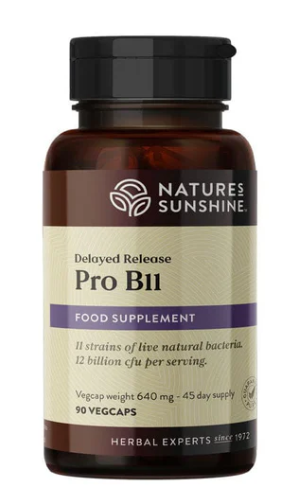
Buy here
- A high potency, multi-strain supplement that provides almost 12 billion bacteria
- The eleven strains of bacteria in Pro B11 ensure you replenish your gut with a variety of beneficial flora
- Contain Bifidobacterium strains: longum, infantis and bifidum, which help to create B vitamins
5. Omega-3 Fatty Acids
Omega-3 fatty acids, found in fish oil and flaxseed, have anti-inflammatory properties that can help alleviate allergy symptoms.
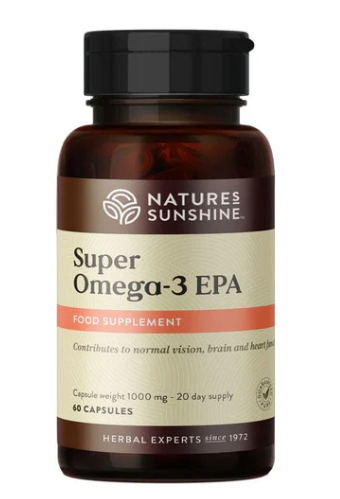
Buy here
- Potent Omega-3 supplement guaranteed free from radiation, heavy metals, and forms of marine pollution
- EPA and DHA contribute to the normal function of the heart
- EPA contributes to the maintenance of normal brain function
- DHA contributes to the maintenance of normal vision
6. Vitamin D3
Vitamin D3 plays a crucial role in immune function, and a deficiency can worsen allergy symptoms.
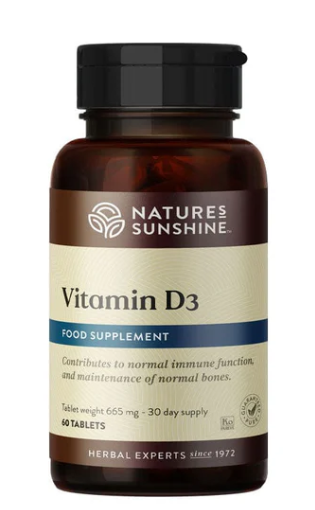
Buy here
- Vitamin D3 helps to maintain strong healthy bones and teeth but is also essential for muscle function, immune system function and inflammation response
- Vitamin D contributes to the maintenance of normal blood calcium levels and the process of cell division
Tips for Best Results:
- Consistency is key: Start taking these supplements a few weeks before allergy season begins and continue throughout.
- Consult a healthcare professional: Especially if you have underlying health conditions or are taking other medications.
Finding the right combination of natural remedies can significantly reduce your hay fever and seasonal allergy symptoms, allowing you to enjoy the season to its fullest.
Visit my Dietary Tips page to discover a curated collection of healthy recipes from amazing YouTube creators.
From nutritious breakfast ideas to satisfying dinner options, there’s something for every palate and dietary preference, including dairy-free, gluten-free, and sugar-free options.
Delight in flavorful meals while nourishing your body with wholesome goodness! Explore further and embark on a culinary journey towards vibrant health! 🍽️🌿
3. Unlocking PHYSICAL Potential
Poor posture and physical body conditions can influence hay fever by potentially affecting respiratory function. Misalignments in the body may hinder proper breathing, leading to shallow breathing patterns, reduced oxygen intake, and compromised immune function. Addressing posture and body imbalances through kinesiology techniques can help optimize respiratory function and support the body’s ability to cope with hay fever triggers.
EXERCISE
“Pranayama”

A yoga practice that involves conscious control of breath.
Pranayama Benefits for Hay Fever:
Respiratory Strengthening Stress Reduction Clearing Nasal Passages
Pranayama Exercise: Nadi Shodhana (Alternate Nostril Breathing)
- Sit comfortably with your spine straight and shoulders relaxed.
- Using your right thumb, close off your right nostril.
- Inhale deeply and slowly through your left nostril.
- Close your left nostril with your right ring finger and release your right nostril.
- Exhale slowly and completely through your right nostril.
- Inhale deeply and slowly through your right nostril.
- Close your right nostril with your right thumb and release your left nostril.
- Exhale slowly and completely through your left nostril.
This completes one round. Continue for 5-10 rounds, gradually increasing the duration.
Practicing Pranayama regularly can help individuals with hay fever improve their respiratory health, reduce stress, and enhance overall well-being.
.
4. Harmonizing Your ENERGY
In a kinesiology approach to overcoming hay fever, balancing the body’s energy flow can reduce the body’s hyperactive response to allergens.
UPLIFT YOUR ENERGY
“Thymus Thump” technique
- Use your fingertips to tap gently on your thymus gland, located in the center of your chest, while taking deep breaths.
- This tapping can stimulate the thymus gland, which is responsible for immune system support, and help increase vitality and emotional balance.
- Regularly practicing the Thymus Thump can boost your energy and enhance your body’s ability to cope with hay fever triggers.
MOTIVATION
“Like a flower bloom despite the changing seasons, let your body’s innate wisdom guide you towards wellness. In the holistic embrace of kinesiology, discover the strength to rise above hay fever’s challenges. Nourish your body, mind, and spirit, and watch as resilience and vitality blossom. With nature as your ally, you can breathe freely and thrive amidst the winds of change. Let holistic health be your compass, leading you towards a vibrant, pollen-free horizon.”
Dealing with hay fever can be frustrating, but staying motivated in the face of discomfort is crucial to enjoying the season. Here are some ways to stay inspired during hay fever season:
- Creative Pursuits: Engage in creative activities indoors, such as painting, crafting, or writing, to divert your attention from hay fever symptoms.
- Mindful Reading: Dive into books or articles that bring joy and inspiration.
- Music and Meditation: Listening to soothing music or guided meditations can help maintain a positive mindset.
.
INSPIRATION
“Amidst the pollen-filled breeze lies an opportunity to embrace the season with strength and resilience. By unlocking the power of kinesiology, we can navigate the challenging journey of hay fever and find comfort in the simple joys of life. With mindful practices, nourishing choices, and energy-balancing techniques, we can turn the hay fever season into an opportunity for personal growth and renewed connection with the world around us.”
ADDITIONAL RESOURCES
Dr. Josh Axe is a well-known American clinical nutritionist, chiropractor, author, and health educator. He is recognized for his expertise in natural medicine, holistic wellness, and nutrition.
In this presentation of Ancient Medicine Today, Dr Josh Axe talks about several natural remedies for alleviating bothersome allergy symptoms. By steering clear of foods that cause inflammation, incorporating locally sourced, nutritious foods, utilizing essential oils, integrating natural supplements, and making straightforward lifestyle adjustments, you can effectively combat allergy symptoms using natural methods.
Book a Kinesiology Session for Hay Fever Support!
Take the first step towards embracing the season with joy. Our experienced practitioners will work with you to address imbalances that contribute to hay fever symptoms. With personalized care and energy-balancing techniques, you can overcome hay fever’s grip on your well-being and rediscover the beauty of each season. Don’t let hay fever limit your experiences.
Book your session now and embark on a transformative journey toward a life filled with joy and vitality.
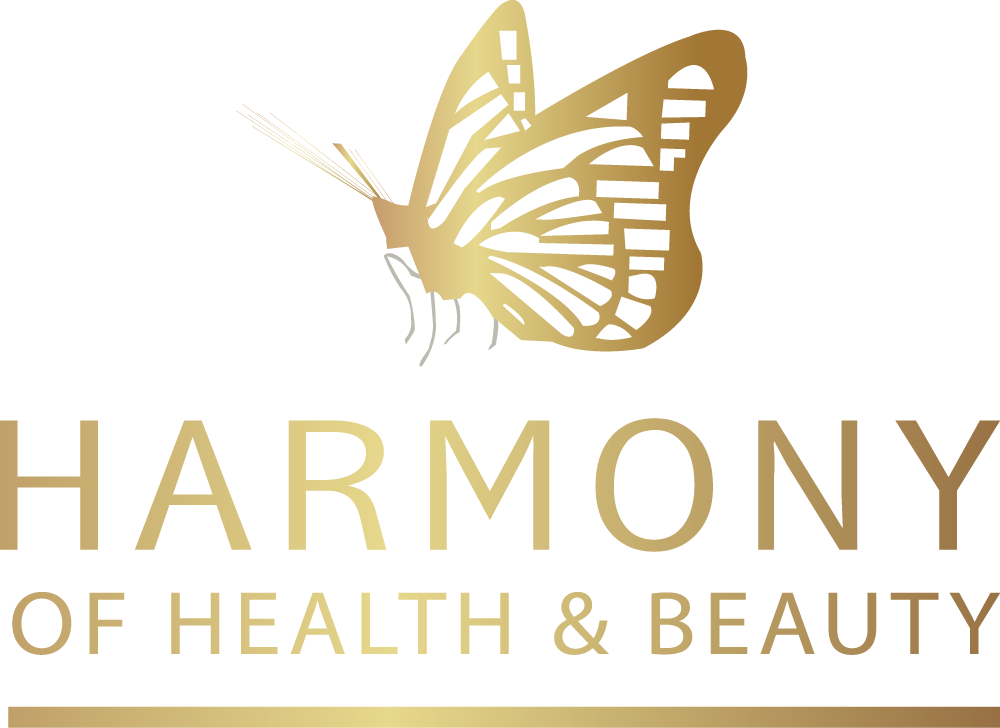


Add Comment